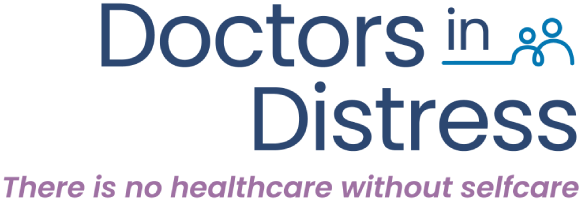We use cookies to help provide you with the best possible online experience.
By using this site, you agree that we may store and access cookies on your device. Cookie policy.
Cookie settings.
Functional Cookies
Functional Cookies are enabled by default at all times so that we can save your preferences for cookie settings and ensure site works and delivers best experience.
3rd Party Cookies
This website uses Google Analytics to collect anonymous information such as the number of visitors to the site, and the most popular pages.
Keeping this cookie enabled helps us to improve our website.

Disability, Equality, Diversity & Inclusivity
What are they and why are they important?
The legal definition of disability
According to the definition of disability under the Equality Act [2010], you’re disabled under the Equality Act 2010 if you have a physical or mental impairment that has a ‘substantial’ and ‘long-term’ negative effect on your ability to do normal daily activities.
The person must have an impairment that is either physical or mental, this includes sensory impairments such as those affecting sight or hearing. The key thing is not the impairment but its effect. Impairments such as migraines, dyslexia, asthma, or back pain can count as a disability if the adverse effect on the individual is substantial and long-term.
Long-term means that the impairment has lasted or is likely to last for at least 12 months or for the rest of the affected person’s life. Substantial means more than minor or trivial.
The Equality Act 2010
The Equality Act [2010] protects employees on a number of issues including job recruitment, pay, training opportunities, dismissal, grievances plus many more. It is from this legislation that the above definition of ‘disability’ is taken. Details of the Act can be found here.
Discussing the concepts of disability
The word “disability” has been used widely to identify the active or residual impairments that result from disease and injury, as well as the physical, mental, or emotional functional limitations or difficulties a person has as a result of the residual impairments, and also the participation restriction the person experiences when the environment is not supportive .
In reality, the term “disability” colloquially has become a short-hand expression or an umbrella term that denotes a number of phenomena.
Models of disability
The medical model says that disability arises from an individual’s medical condition. The medical model understands a disability as a physical or mental impairment of the individual. The limitations faced by people with disabilities result primarily, or solely, from their impairments.
The social model understands disability as a relation between an individual and their social environment. Disability is also a social construct that results from the social and physical environment in which a person lives their life.
Should I disclose my disability?
Postgraduate educators and doctors in training have a shared responsibility to make sure the right information is known about a doctor’s health. General Medical Council ‘Good Medical Practice’ specifically states that, "if you have a serious condition that could affect your judgement or performance or if this could be affected by its treatment, you have a duty to disclose this. You must not rely on your own assessment of the risk to patients.”"
You will not be subject to additional requirements should you disclose a health condition or disability. However, although the final outcome and competencies are the same for everyone, the way in which they are achieved can be changed as a ‘reasonable adjustment’. So, it is in your own interests to disclose a disability or health condition as early as possible.
Updated, October 2024.
To find out more, contact us to obtain our full disability factsheets.

